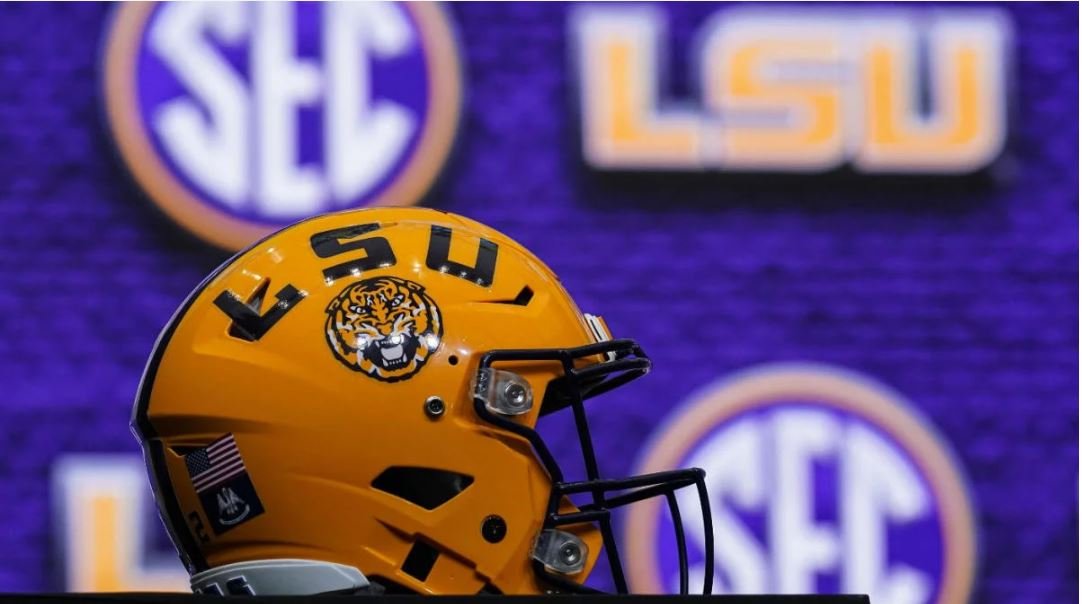
The integrity of college athletics has long been a topic of intense scrutiny and debate, particularly when it comes to balancing athletic performance with academic achievement. The Louisiana State University (LSU) Tigers, like many other prominent athletic programs, have faced allegations of academic fraud involving their athletes. These allegations raise critical questions about the academic support provided to football players and the broader implications for collegiate sports. This essay delves into the issues surrounding academic fraud at LSU, exploring the causes, impacts, and potential solutions.
LSU, located in Baton Rouge, Louisiana, boasts a storied athletic history, particularly in football. The Tigers have won multiple national championships and produced numerous NFL stars. However, alongside these athletic achievements, there have been persistent allegations of academic improprieties. These allegations are not unique to LSU but are part of a broader pattern observed in many Division I athletic programs where the pressure to win often overshadows academic integrity.
Allegations of Academic Fraud
Reports of academic fraud at LSU have surfaced periodically, often involving the manipulation of academic records, the provision of improper academic assistance, and even instances of athletes not attending classes but receiving passing grades. These practices undermine the educational mission of the university and devalue the degrees awarded to student-athletes.
One of the most notable cases involved a former LSU football player who claimed that he received academic assistance that went beyond the permissible limits set by the NCAA. This assistance allegedly included tutors completing assignments on behalf of athletes and academic advisors steering players towards easier courses to maintain their eligibility.
Causes of Academic Fraud
The primary driver behind academic fraud in college athletics is the immense pressure to maintain eligibility and perform on the field. Universities invest heavily in their athletic programs, and the financial incentives tied to winning are substantial. Bowl game appearances, television contracts, and sponsorship deals generate millions of dollars in revenue. Consequently, there is a strong incentive to ensure that key players remain eligible to compete.
Another contributing factor is the recruitment process. Many student-athletes are recruited primarily for their athletic prowess, and some may not meet the academic standards required of regular students. This creates a situation where academic support services are pushed to their limits to help athletes maintain their eligibility, sometimes crossing ethical boundaries in the process.
Impact on Athletes and Institutions
The impact of academic fraud on student-athletes is profound. While they may remain eligible to play, they are often deprived of a meaningful education. This not only affects their academic development but also their long-term prospects after their athletic careers end. Many athletes do not make it to the professional level, and without a solid educational foundation, they may struggle to find meaningful employment.
For institutions like LSU, the repercussions of academic fraud are equally severe. When such allegations come to light, they tarnish the university’s reputation, leading to increased scrutiny from accrediting bodies and the NCAA. Sanctions can include probation, fines, and even the loss of scholarships, which can have a lasting impact on the program’s competitiveness.
Addressing the Issue
To address the issue of academic fraud in college athletics, a multi-faceted approach is necessary. This includes:
- Strengthening Oversight and Accountability: Universities must enhance oversight mechanisms to ensure compliance with NCAA regulations. This can involve regular audits of academic support services and stricter penalties for violations.
- Promoting a Culture of Integrity: It is essential to foster a culture where academic integrity is valued as much as athletic success. This involves educating athletes, coaches, and staff about the importance of academic honesty and the long-term benefits of a genuine education.
- Providing Adequate Academic Support: While academic support is crucial, it must be provided within the boundaries of ethical guidelines. This includes offering tutoring and mentoring services that help athletes succeed without compromising academic standards.
- Reforming NCAA Regulations: The NCAA should consider revising its eligibility criteria to ensure that athletes are genuinely prepared for college-level coursework. This might involve stricter academic requirements for incoming athletes and more robust support systems to help them succeed.
- Enhancing Transparency: Universities should be transparent about their academic support practices and be willing to address any shortcomings publicly. This transparency can build trust with the public and demonstrate a commitment to maintaining academic integrity.
The allegations of academic fraud involving LSU Tigers athletes underscore the challenges that many collegiate athletic programs face in balancing athletic success with academic integrity. Addressing these issues requires a concerted effort from universities, the NCAA, and the athletes themselves. By fostering a culture of integrity, strengthening oversight, and providing adequate support, it is possible to ensure that student-athletes receive the education they deserve while still achieving their athletic goals. In doing so, institutions like LSU can uphold their educational mission and maintain the trust of their stakeholders.
Leave a Reply